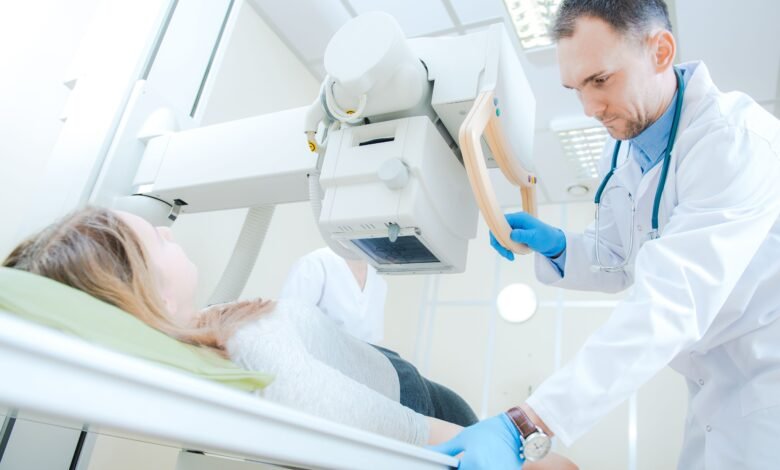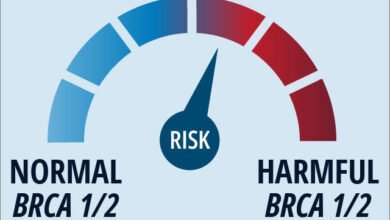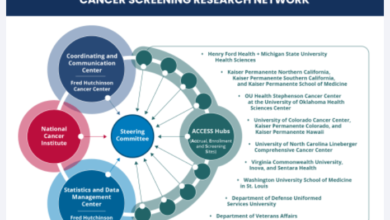Novel Agent May Improve Dry Mouth Resulting From Radiation Treatment

Treatment with AAV2-hAQP1 demonstrated clinically meaningful improvements for patients experiencing symptoms of radiation-induced dry mouth, according to positive results of a phase 1 trial.
Radiation-induced xerostomia, or oral dryness, can be a result of treatment with radiotherapy to the oral cavity and neck region – common in patients treated for oral, or head and neck cancers. When this happens, the salivary glands in a patient’s mouth do not make enough saliva to keep it wet.
Researchers conducting the AQUAx trial AQUAx evaluated AAV2-hAQP1 in one (unilateral group) or both parotid glands (bilateral group) of 24 patients with radiation-induced salivary hypofunction and moderate to severe dry mouth.
“We are very encouraged by the clinical data in both unilateral and bilateral cohorts demonstrating the safety, efficacy and durability of AAV2-hAQP1 in grade 2/3 radiation-induced xerostomia,” said Alexandria Forbes, president and chief executive officer of MeiraGTx, the drug’s manufacturer, in a press release. “Not only does this therapy continue to be safe and well tolerated, but we are seeing durability of effect at two and even three years for patients who have reached those timepoints.”
In both groups, 75% of patients reported their dry mouth symptoms as “better” following treatment and rated these improvements as “important” or “very important,” according to the release. Although both groups had improvements, those observed in the bilateral group were greater.
Of the 12 patients in the bilateral group, 10 reported “better” dry mouth symptoms after six months. Additionally, these 10 patients rated these changes as “important” or “very important,” and three reported them as a “very important improvement.”
In the unilateral group, eight patients reported the symptoms as “better” after 12 months; these eight patients rated the changes as “important” or “very important,” and four rated them as “very important improvements.
Of note, no patients reported any worse symptoms of dry mouth.
“These updated data from all 24 patients treated in our AQUAx phase 1 study suggest that our novel gene therapy, AAV2-hAQP1, could have a disease modifying effect in this large and underserved patient population,” Forbes continued.
Because of these positive results, a phase 2 study is intended in the first half of 2023 to evaluate bilateral administration of two active doses of AAV2-hAQP1, according to the release.
For more news on cancer updates, research and education, don’t forget to subscribe to CURE®’s newsletters here
Source link
#Agent #Improve #Dry #Mouth #Resulting #Radiation #Treatment



